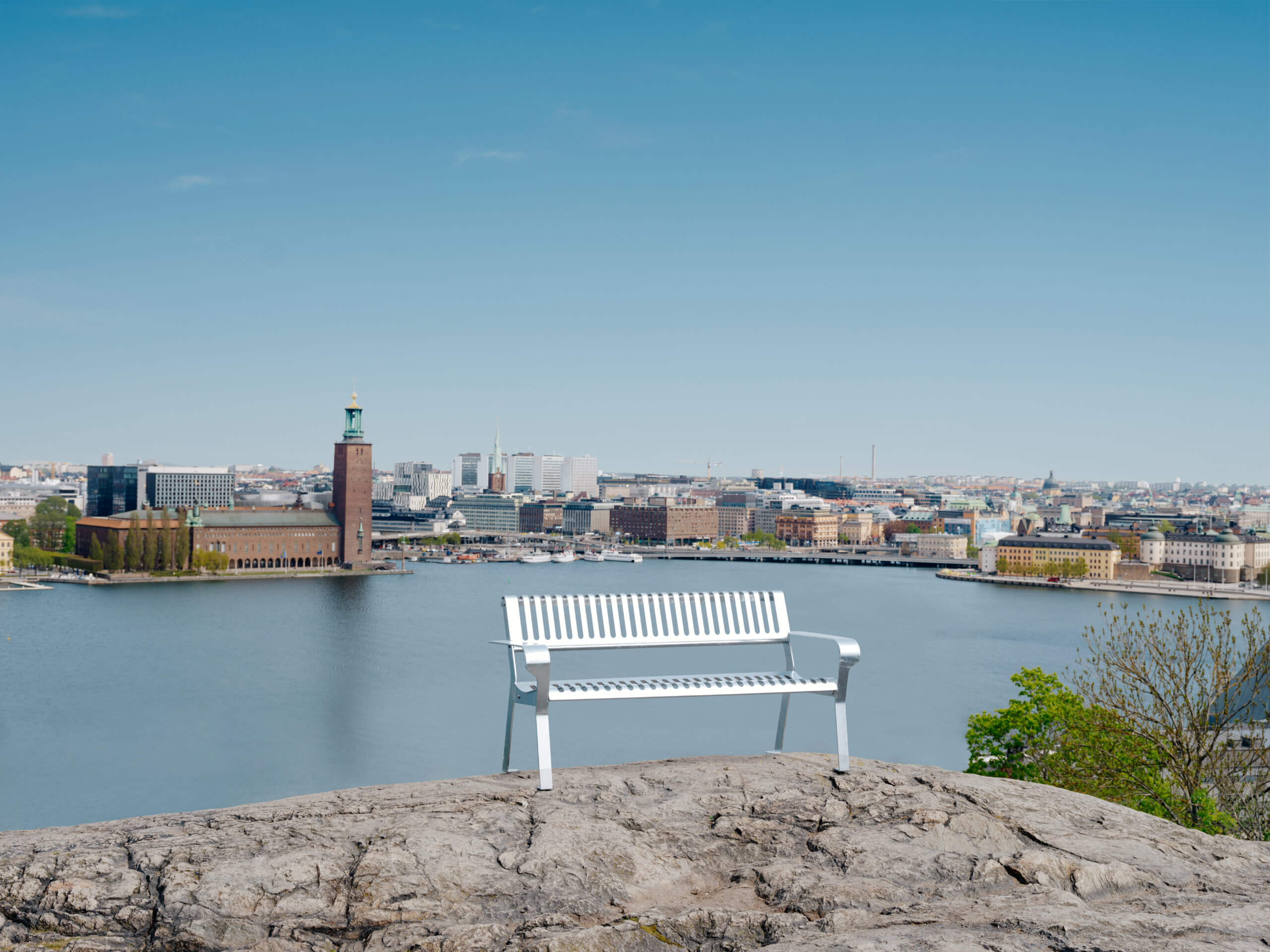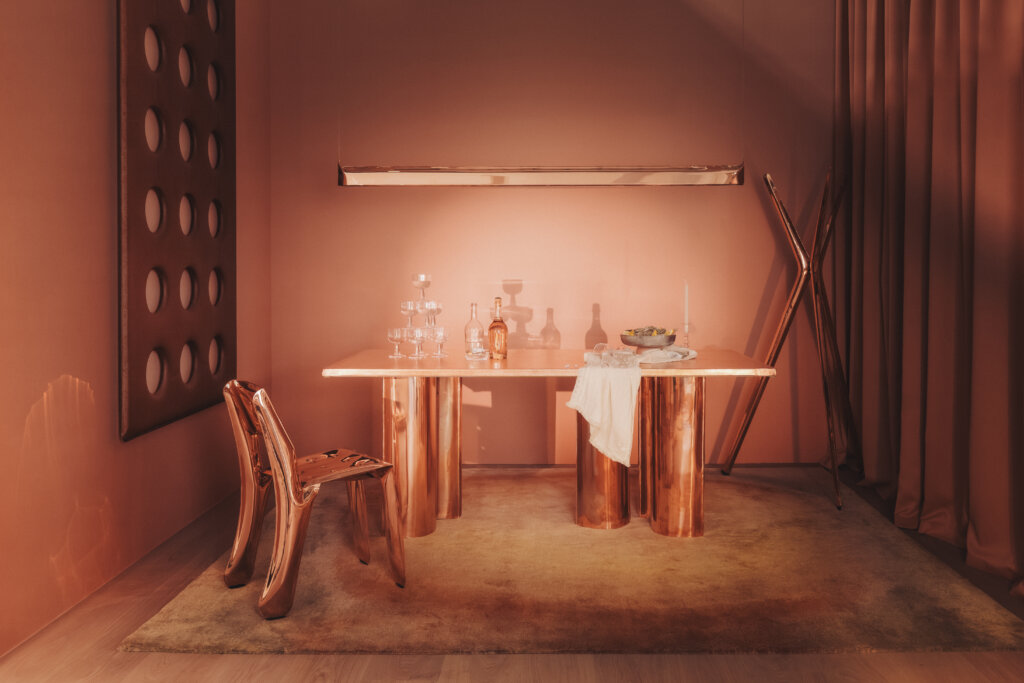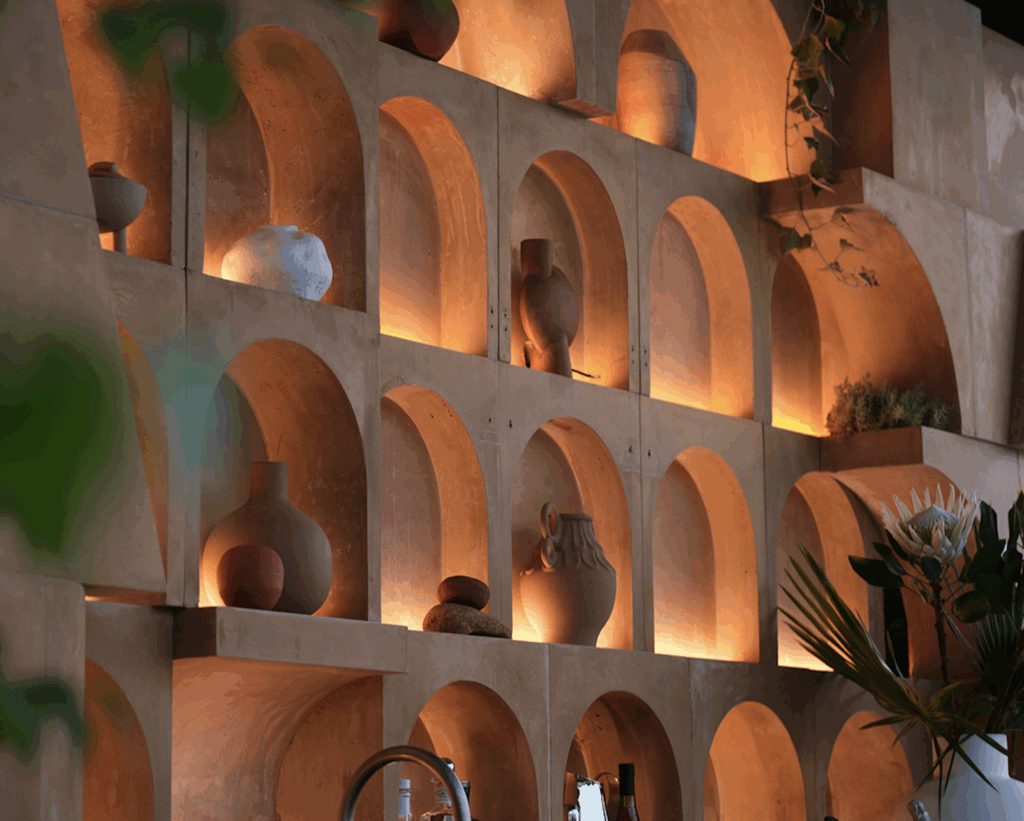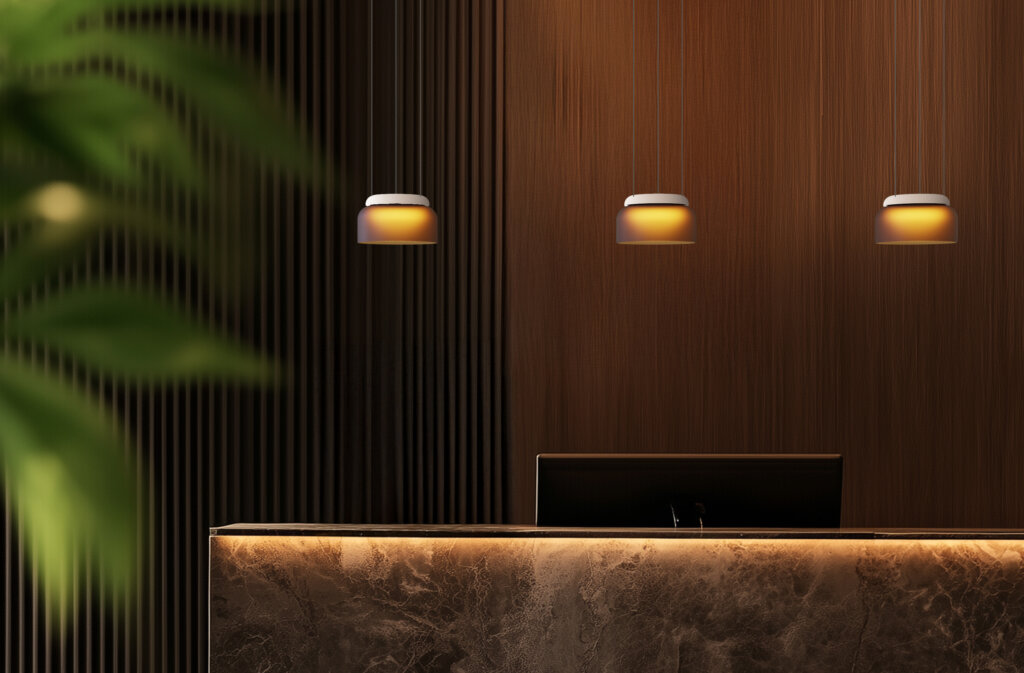One of the leading producers of urban furniture, Vestre is at the forefront of sustainability. From its Bjarke Ingels Group-designed factory The Plus amid lush forests— the greenest production facility of its kind on earth—the family-run Norwegian company champions circularity in all stages of development and implementation.
Reflecting its commitment to innovation and efficiency, Vestre carefully considers every aspect of design – from the embodied and operational carbon of materials to the modularity of its products, ensuring each piece can be easily disassembled and repurposed at the end of its life.
Vestre believes in full transparency and openly shares its practices. “I think one reason the term ‘sustainability’ lost its impact in recent years is that everyone started using it without backing it up,” says Kristoffer Vestre, the company’s chairman. “In our industry, we see companies talking about EPDs (environmental product declarations) and sustainable materials on stage mainly because they’re sponsors, not because they’ve necessarily done the work.”
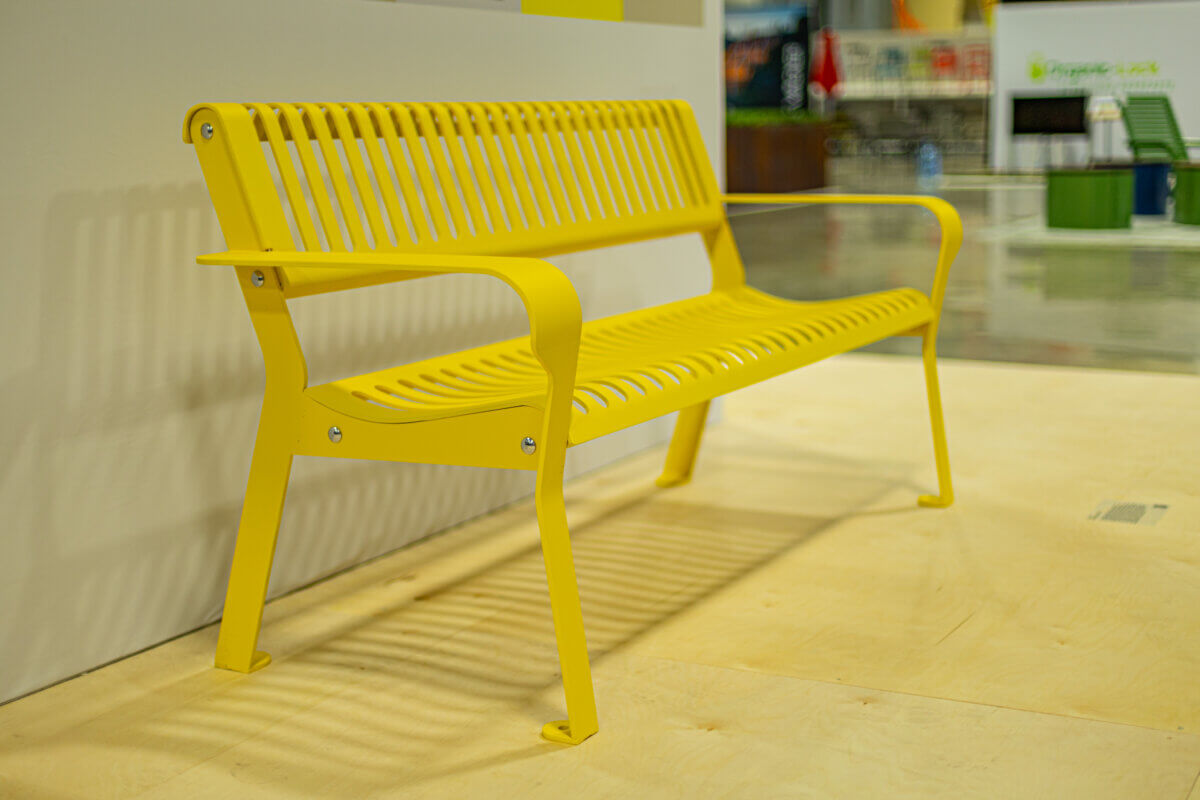
Photo credit: John Patterson
At Vestre, he and his team focus more on doing than saying. The true test of green architecture is how it performs years after completion. Opened in 2022, The Plus has been certified BREEAM Outstanding. The plant runs on 90% less external energy and with 55% lower emissions than a conventional facility.
“We’ve published EPDs for all our products and launched the first bench made from fossil-free steel, cutting emissions by 70% compared to a bench made of conventional steel,” Vestre explains. “I feel that sustainability is more relevant than ever because now the solutions exist, and it’s finally becoming easier for companies to do the right thing.”
Designed by award-winning Swedish designer Emma Olbers, the Tellus bench is produced solely out of this material.
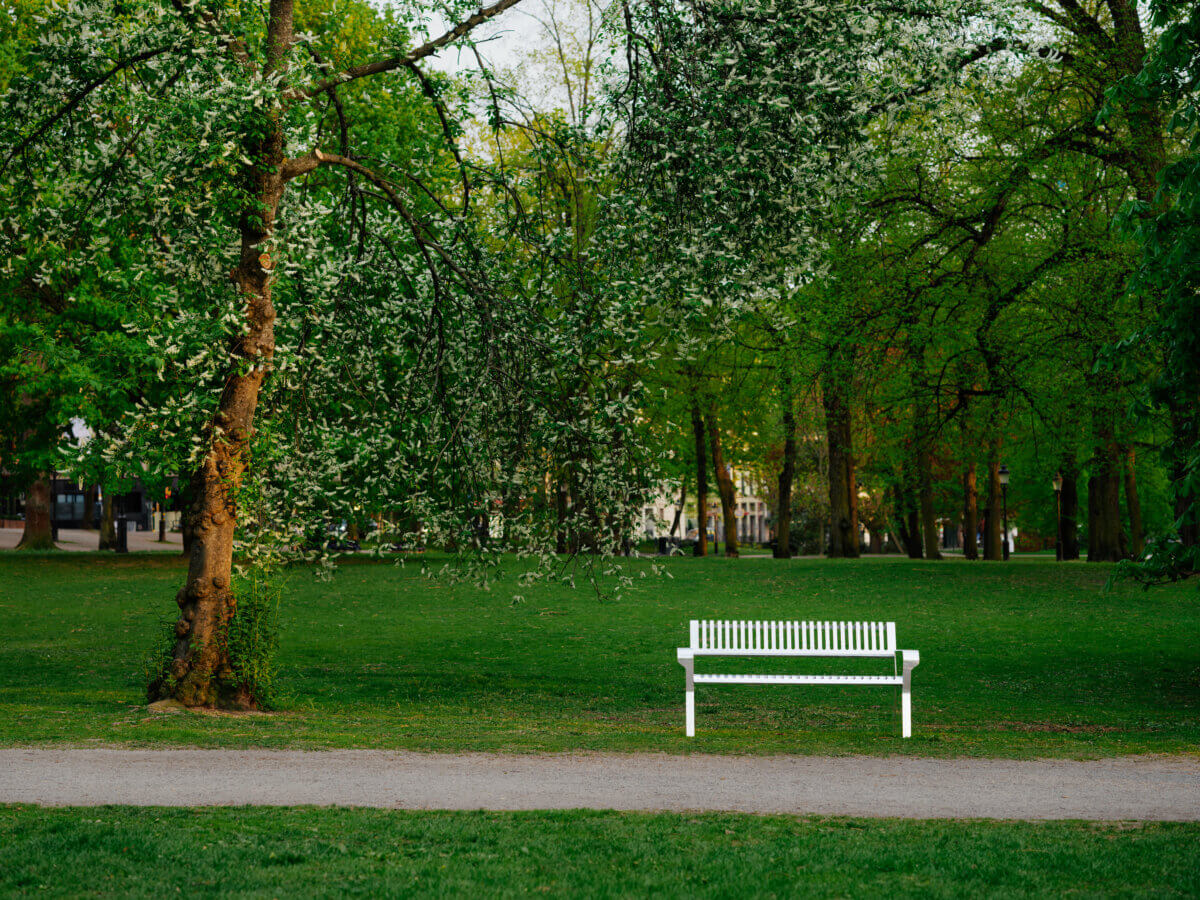
Photo credit: Einar Aslaksen
“For me, it is important that form and design follow the planetary boundaries and aim to be part of the solution in the green transition,” she says. “So, it’s great to work with companies that also want to be at the forefront and have actually realised that we are sawing off the very branch we are sitting on. These are companies that set Science Based Targets (SBTi) in order to help attain the goals of the Paris Climate Agreement.”
Like Olbers, Vestre positions itself at the leading-edge of the green shift by harnessing the latest technologies all while championing the transcendent age-old practices that have remained relevant throughout time.
The Tellus bench will be on view in the WANTED area and Vestre is the sponsor of the Oasis lounge at this year’s edition of ICFF. Deftly designed by RADS (Rodolfo Agrella Design Studio), the talks venue will offer speakers and their audiences with a more relaxed and intimate platform to delve into topics addressing sustainability and conscious design. “The overall look, feel, and layout echoes ICFF’s holistic, human-centered approach—creating spaces that encourage organic interaction and engaging dialogues,” Agrella says.
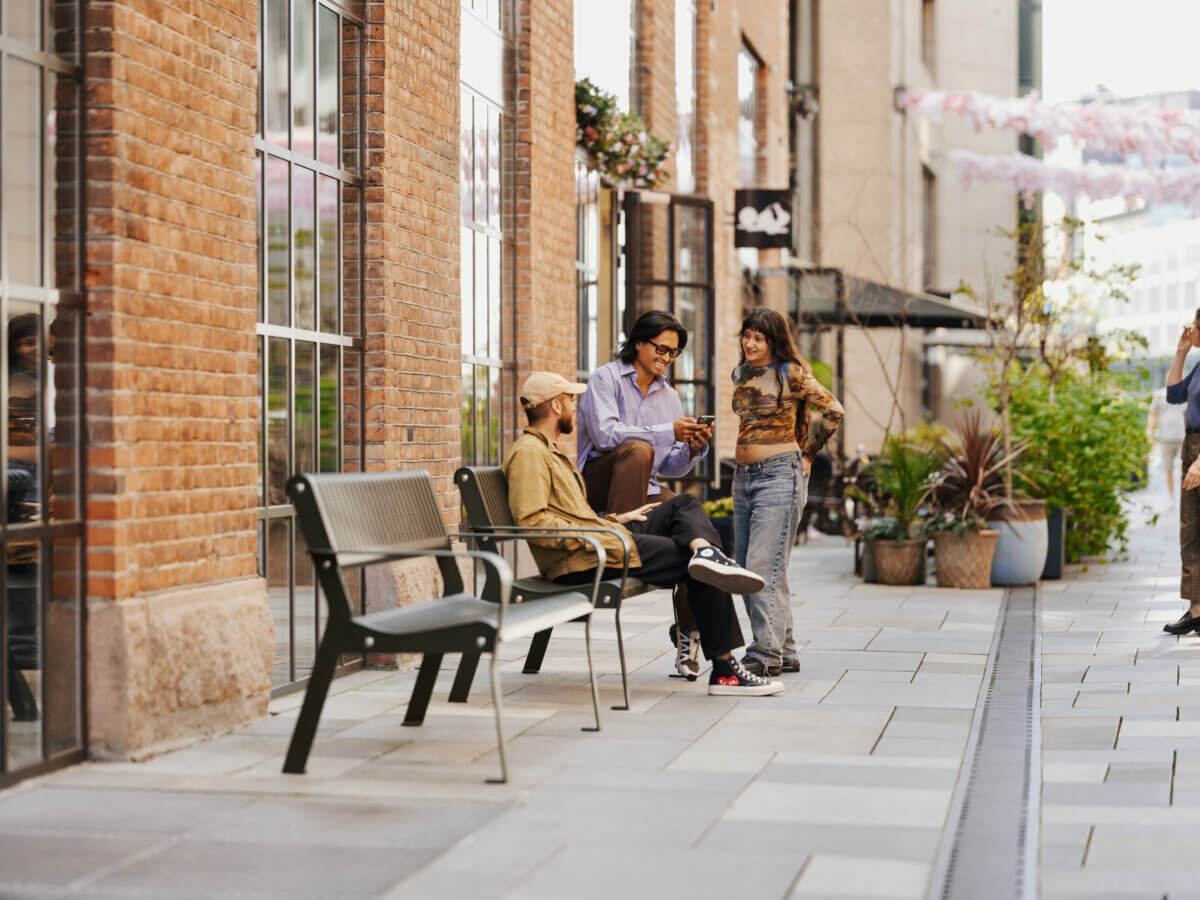
Photo credit: Einar Aslaksen
If you are curious to discover more about Vestre, check out their website, HERE
Follow Vestre on Instagram, and if you wish to meet the team, make sure to check out their furniture in the Oasis at ICFF, May 18-20, 2025. Register now >>>
More from ICFF:
The Challenges – And Advantages – Of Producing in NYC
ICFF 2025 Preview: Bespoke Salon
